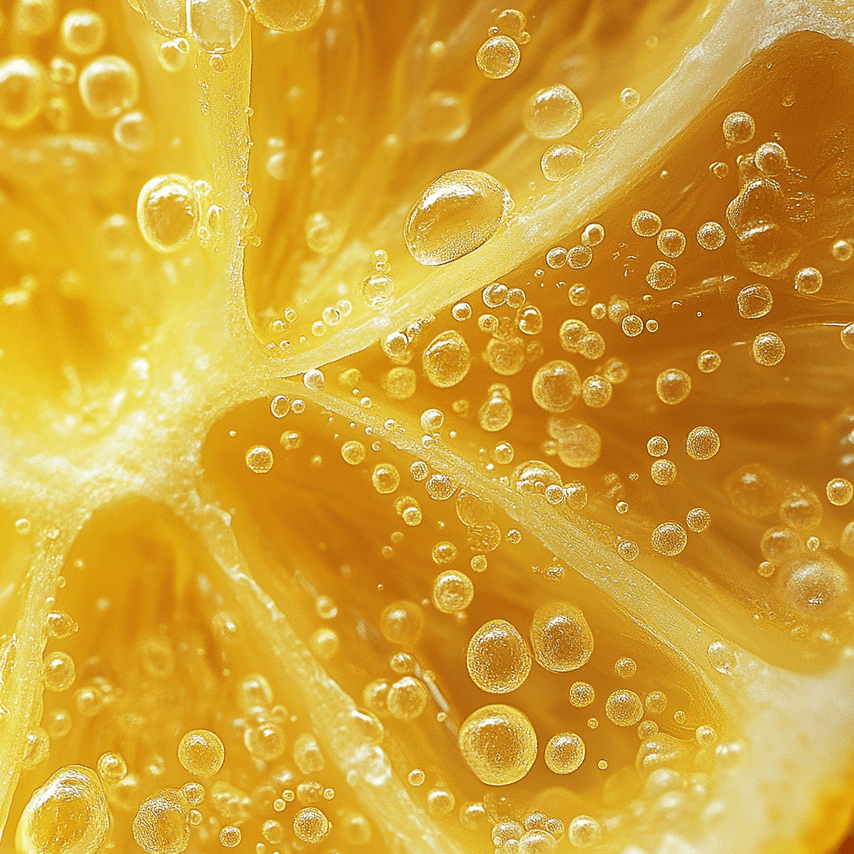
Written by Greg Weatherhead Innovation & Research Director, Europe
Your cart is empty


Written by Greg Weatherhead Innovation & Research Director, Europe
Ever wondered why some people seem to just glow effortlessly? The secret may lie not in their skincare routine, but in their diet.
What you eat plays a critical role in how your skin looks and feels. This article explores the essential nutrients and foods, especially those rich in vitamin C, and dietary habits that support healthy, radiant skin¹.
Your skin is the largest organ in your body, made up of hundreds of millions of cells that rely on nutrients to function. Collagen, a key protein, keeps your skin firm and elastic – but its production declines with age and environmental stressors like sun exposure and pollution².
Diet influences your body’s ability to fight oxidative stress, repair skin damage, and renew cells, so it’s a powerful ally if you want to improve your skin health³.
